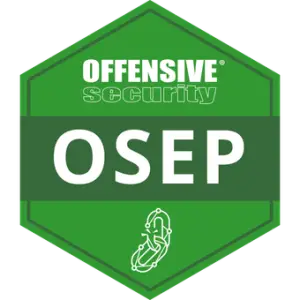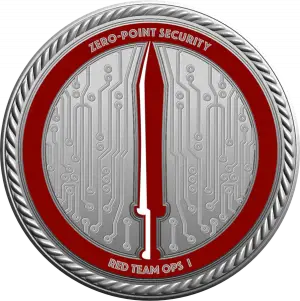Cyber Security that Means Business
Expert strategy, testing, and attack simulation
to help you prepare for cyber attacks before they happen.
to help you prepare for cyber attacks before they happen.
Find the Security solution for your business
Small Business
Practical security solutions designed for growing businesses.
Medium-Large Enterprise
Comprehensive security programs for complex organisations.
Government
Specialised security solutions for all government agencies.
Outstanding Results
Partnering with Division 5 has significantly enhanced our Cyber Security posture. Their dedication and professionalism are unmatched.
Keep up to date with the division 5 team!
Your Team
Qualified Cyber Security Specialists
For our clients, this means partnering with a team who has independently validated their expertise and commitment to quality. We maintain these high standards because your security matters.








